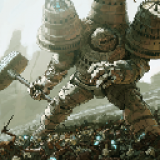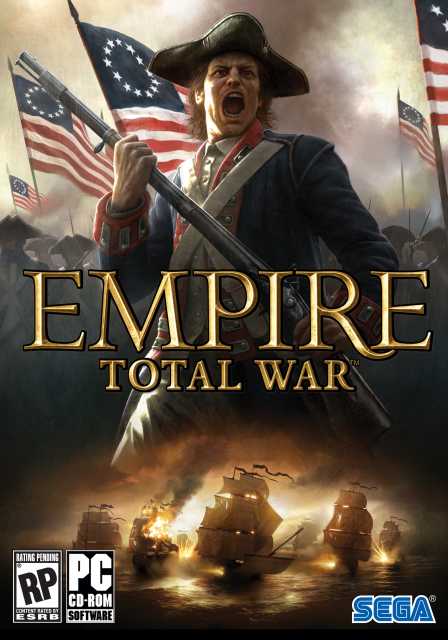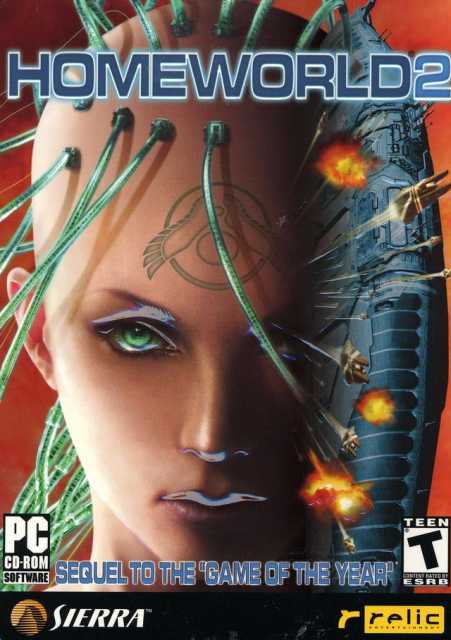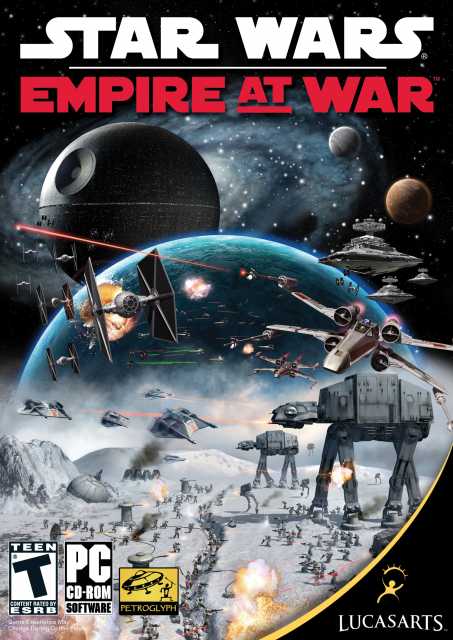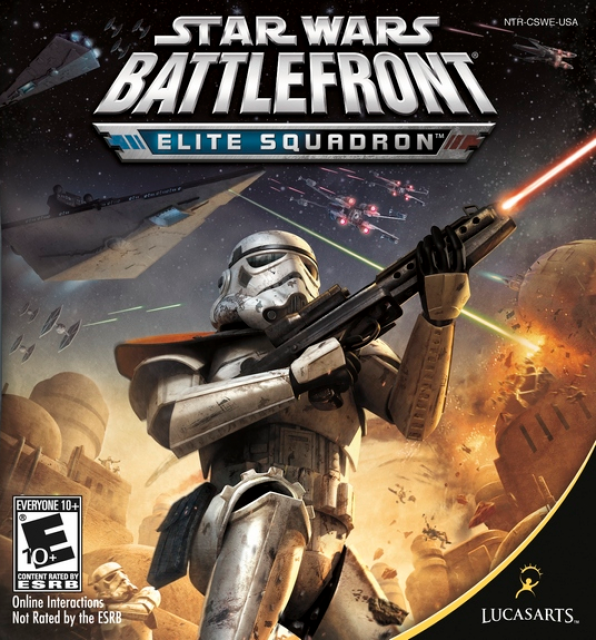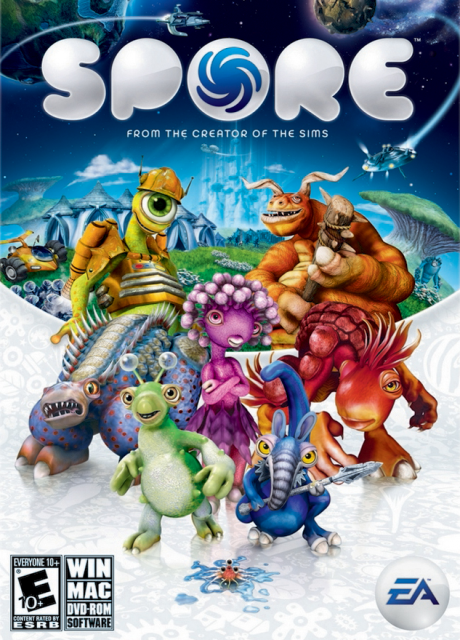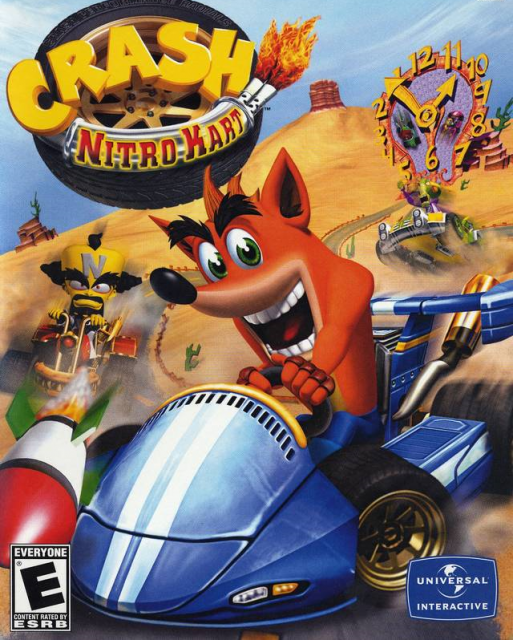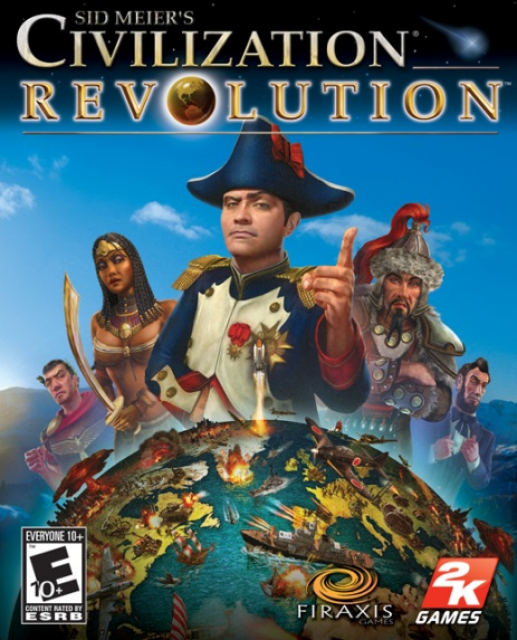Disappointments
Some games just don't live up to we expect from them. :\
Whether its because of tremendous hype or the standards of the genre itself, the games on this list were in one way or another- a major disappointment.
Disappointing isn't the same as outright bad- in several of these games, the good still manages to outweigh the bad, but the disappointments still shine through.
